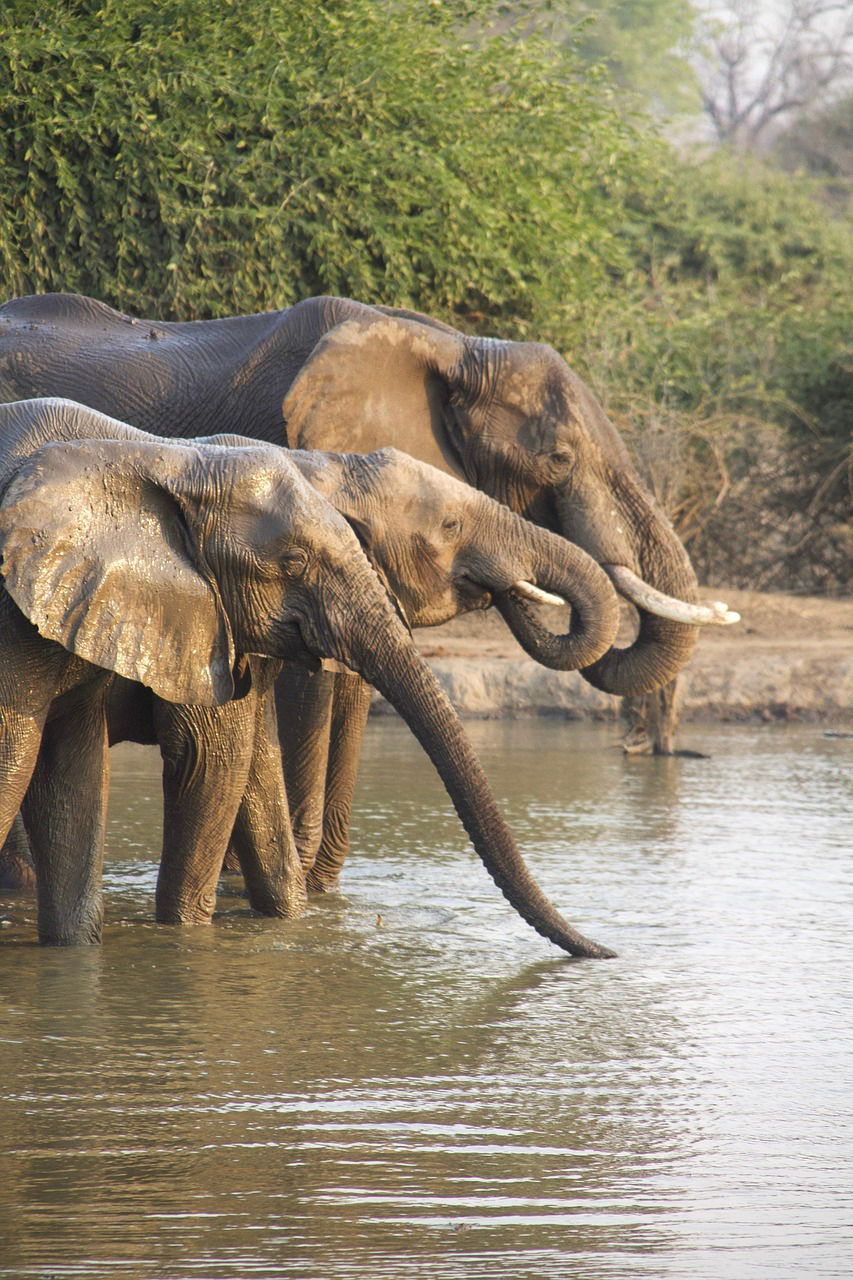PROTECTING WILDLIFE
Protecting Africa’s Wildlife Through Smart Development: Mining, Infrastructure & Foreign Investment Done Right
Africa is home to the planet’s most iconic wildlife. Majestic elephants, powerful lions, elusive leopards, and vast migratory herds that define the continent’s wild soul. But behind the breathtaking safaris and scenic savannas lies a pressing truth:
Wildlife habitats are under threat from unchecked development.
Conservation funding is often inadequate or inconsistent.
Yet, foreign investment and resource extraction are accelerating.
Can development and conservation coexist? Absolutely. Becasue we choose strategy over sacrifice and sustainability, not just speed.

1.
Mining with a Conservation Mandate
Mining and resource extraction are critical economic engines. But they don’t have to come at the cost of wildlife. Forward-thinking mining operations are proving that it’s possible to:
- Map and avoid sensitive habitats using satellite data and local ecological knowledge
- Integrate environmental impact assessments as non-negotiable steps, not paperwork
- Rehabilitate land post-extraction with indigenous plant life and wildlife corridors
- Fund anti-poaching units and conservation programs from a portion of mining profits
The best projects mine resources below the ground while protecting life above it.
2.
Wildlife-Friendly Infrastructure
New roads and railways can become double edged swords. While they do unlock opportunity, they can also fragment habitats or increase poaching access. So how do we build smarter?
- Wildlife crossings and green bridges
- Noise and light pollution controls near reserves
- Eco-buffer zones between development and conservation areas
- Fencing, surveillance, and AI-powered monitoring to protect migration routesBy integrating wildlife considerations into infrastructure planning, we build systems that serve both people and nature.
3.
Foreign Investment with Local Impact
Foreign investors have the power to drive real change. However, it requires a shift in perspective.
Not just returns. But also responsible returns
Not just GDP growth. But also ecological balance
Not just profits. But also partnerships with local communities and conservation groups.
Smart capital can:
- Fund wildlife reserves and eco-tourism ventures as part of impact investment mandates
- Establish carbon offset programs tied to biodiversity preservation
- Enable wildlife research hubs and conservation tech incubators near development sites
Foreign investment isn’t the enemy of conservation. No, irresponsibility is. When ethics and capital align, the impact is exponential and creates win-win strategies for all.
4.
The Triple Win: Economy, Ecology, and Equity
Africa doesn’t have to choose between development and preservation. It can champion a third path:
Economy : thriving industries that provide jobs and generate revenue
Ecology : protected habitats that sustain biodiversity and balance
Equity : empowered local communities who steward the land and wildlifeWhen local communities benefit from both development and conservation, they become the strongest allies of wildlife protection.
5.
A Call to Action: Invest in the Future of Wild Africa
The future of Africa’s wildlife is not just in the hands of conservationists. It’s in the boardrooms of mining firms, the strategy decks of infrastructure developers, and the portfolios of global investors.
If you care about lions, so we invest in eco-conscious logistics.
If you care about elephants, support habitat-aware development.
If you care about the next generation, build a future where wildlife and humans thrive side by side. Africa’s greatest wealth is not just in its minerals It is in its majestic, irreplaceable life.
Let’s protect it. Let’s build with it. Let’s invest in it.